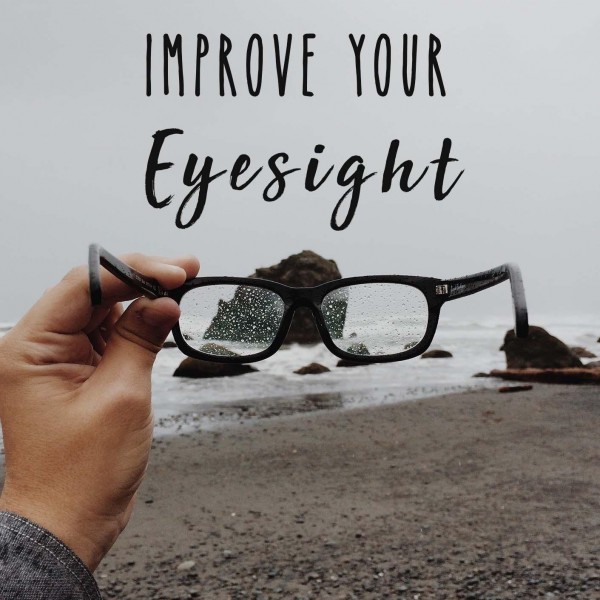Join Thousands That Benefit From Personal Development Self Hypnosis Programs
It is undeniably daunting to make any major change in your life, or to consider using hypnosis downloads to help. Fear of the unknown, constant stress, financial difficulties, and interpersonal issues can all affect your life or stop you from growing and developing as a person - even when it is in your best interests to do so.
At eHypnosis, we want to make it easier to reach your goals using self hypnosis. With all the potential challenges and roadblocks in mind, we have curated more than 250 unique programs that can help you accomplish just about anything. Whether you want to use hypnosis to shed excess weight, boost your self-esteem, cope with chronic pain, learn how to relax or quit smoking once and for all, we have something that will suit your needs.
All of the eHypnosis programs were designed and created by a renowned clinical hypnotherapist, but are yours to own, download and listen to in the comfort of your own home, as many times as you wish. Explore our list of self hypnosis downloads, learn more about what we offer, and take the first step towards the happier future you’ve always wanted.

Offer of the day
Limited Time Offer
Hurry! Offer Ends In:Today's Special Offer
Improve Your Eyesight Hypnosis
This hypnosis can help you improve your eyesight.
$29.95 $9.95 Get this offerBrowse Our Self Hypnosis Categories








What is Hypnosis?
Hypnosis is an act used by a hypnotherapist to help you slow down your brain activity and enter a deep relaxed and calm state. It can also be called a "highly suggestible" state-this means you are much more receptive to what you hear, as information bypasses your conscious mind and directly impacts on your subconscious. In a hypnotic trance, you will be entirely focused on what is presented to you, with unnecessary thoughts and details drifting out of your awareness. During a hypnotherapy session, you will be given suggestions that help to reshape unwanted behavior patterns, change unproductive ways of thinking and improve resilience to stressful situations. Hypnosis techniques can be performed in person by hypnotherapists or available in audio mp3, pdf, free downloads, videos or hypnosis script to enable you to practice self-hypnosis at home.
Is Hypnosis Real?
Oftentimes we have watched someone hypnotize a person in a movie or as part of a stage show and wonder whether hypnosis is a real phenomenon. These are some instances that portray hypnosis as an entertaining performance. However, hypnosis techniques are widely viewed as a credible form of alternative therapy. For example, the British Medical Association, the American Psychiatric Association, and the American Medical Association believe that hypnotherapy can have a positive impact on a wide range of emotional and physical difficulties. Hypnosis is not designed to work as your will, you remain in full control of your receptivity throughout the therapy session, and will not accept suggestions that are incongruent with your core values or goals.
How Does Hypnosis Work?
Although there is a broad consensus that hypnosis therapy works, research into its precise mechanism of action is ongoing. The working theory is that hypnotism works by inhibiting the conscious part of your brain and bringing the subconscious part to the surface. Since the conscious mind is the critical, the analytical side of you, and your subconscious mind is more closely tied to entrenched beliefs and instinctive behaviors. By directly accessing and shaping this subconscious, thoughts can facilitate or speed up the process of positive change. In this respect, some studies have shown that hypnosis is more effective than more conventional forms of therapy. There is also some evidence that self-hypnosis can influence the most primitive part of the mind-sometimes called the unconscious-thereby changing experiences of certain bodily sensations (e.g. pain).
Is Hypnosis Safe?
Self-hypnosis and hypnotherapy are entirely safe for the vast majority of people. With the exception of some information that suggests potentially adverse effects on people with schizophrenia or epilepsy. All of the research on the safety of hypnosis is highly reassuring. Many people worry that they will become "stuck" in a hypnotic trance, especially when listening to hypnosis downloads alone. In reality, you can emerge from a trance state at any time you choose, and remain responsive to outside cues of danger (though your reaction time may be slightly slower, as it is when waking from sleep). There are no consistent reports of negative side effects from hypnotherapy, though it is worth noting that it is normal to feel a little drowsy after a hypnosis session, and some people also experience more vivid dreams.
Why is Hypnosis Helpful?
Hypnotherapy is quite helpful in facilitating positive change because of the way in which it is capable of gaining access into the subconscious mind. This is useful for two reasons. Firstly, the subconscious mind is more receptive than the conscious mind, so suggestions made to it can bypass your conscious defenses and are more likely to be taken on board. Secondly, the subconscious is where many limiting beliefs and the urge to engage in unhelpful habits originate, and so hypnosis therapy goes straight to the source in this respect. For those who have found other forms of therapy unhelpful, hypnosis offers hope in the form of a completely different approach. Hypnotherapy can be an incredibly relaxing and enjoyable experience in itself, helping you to de-escalate intense emotions and let go of general stresses.
What is Hypnosis Used For?
There is scientific evidence that hypnotherapy and self-hypnosis can help with an enormous range of issues. It can address unhealthy habits, such as overeating, smoking and nail biting. A recent study found that 50% of smokers are more likely to permanently quit smoking through hypnotic practice. Nonetheless, hypnosis can also assist in coping with all forms of chronic pain, ranging from migraines to IBS and post-surgical discomfort. There is compelling data suggesting links between hypnosis and increase in immune system function. More so, hypnosis is also useful for people looking for romantic relationships, increase focus and concentration, boost athletic or academic performance, improve your self-esteem, insomnia, addiction improve health and wellbeing and many more.




















